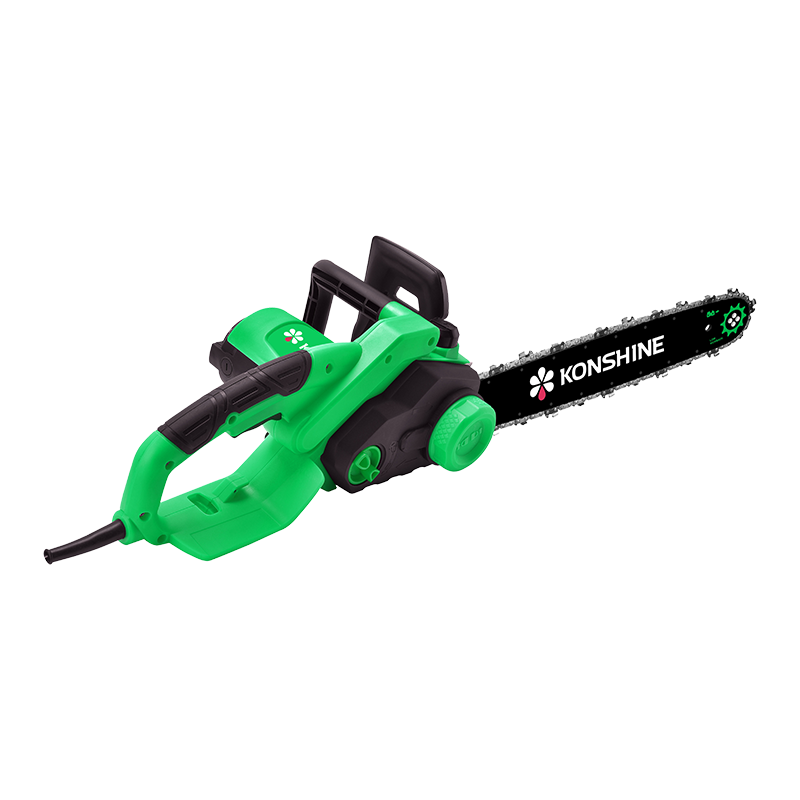1. Increased Productivity: Electric power tools are known for their efficiency and speed, enabling construction professionals to complete tasks more quickly. The high-powered motors of electric tools deliver consistent performance, allowing for faster cutting, drilling, fastening, and other essential operations. This increased productivity translates into shorter project timelines, reduced labor costs, and improved project delivery.
2. Ease of Use: Electric power tools are designed with user-friendly features that make them easier to handle and operate. They are typically lighter in weight, ergonomically designed, and offer better balance, reducing operator fatigue and improving overall comfort during prolonged use. The ease of use of electric power tools improves the efficiency and effectiveness of construction professionals, enabling them to work with precision and accuracy.
3. Enhanced Safety: Electric power tools prioritize safety with features such as blade guards, electronic braking systems, and trigger locks to prevent accidental activations. Many electric tools also incorporate safety sensors that detect potential hazards and automatically shut off the tool to mitigate risks. Compared to traditional tools, electric power tools offer increased safety for operators, reducing the likelihood of accidents and injuries on construction sites.
4. Cordless Mobility: Cordless electric power tools have become increasingly popular due to their portability and freedom of movement. Without the need for a constant power supply, construction professionals can work in various locations without limitations imposed by power cords or the availability of electrical outlets. Cordless tools offer flexibility and convenience, allowing workers to tackle tasks in tight spaces or remote areas, ultimately improving overall project efficiency.
5. Environmental Sustainability: Electric power tools contribute to environmental sustainability in multiple ways. Firstly, they produce zero direct emissions, reducing air pollution and improving the air quality on construction sites. Secondly, the transition from gas-powered tools to electric tools reduces noise pollution, creating a quieter and more pleasant work environment. Additionally, the development of electric power tools aligns with the growing emphasis on green construction practices, enabling construction projects to meet sustainability goals and certifications.
6. Technological Advancements: Electric power tools have been at the forefront of technological advancements in the construction industry. The integration of smart features, such as connectivity, data collection, and automation, has transformed the capabilities and functionality of these tools. Smart electric power tools enable professionals to access real-time diagnostics, adjust settings remotely, monitor performance metrics, and streamline workflows. These technological advancements improve accuracy, efficiency, and overall project outcomes.


 英语
英语 越南语
越南语 西班牙语
西班牙语













